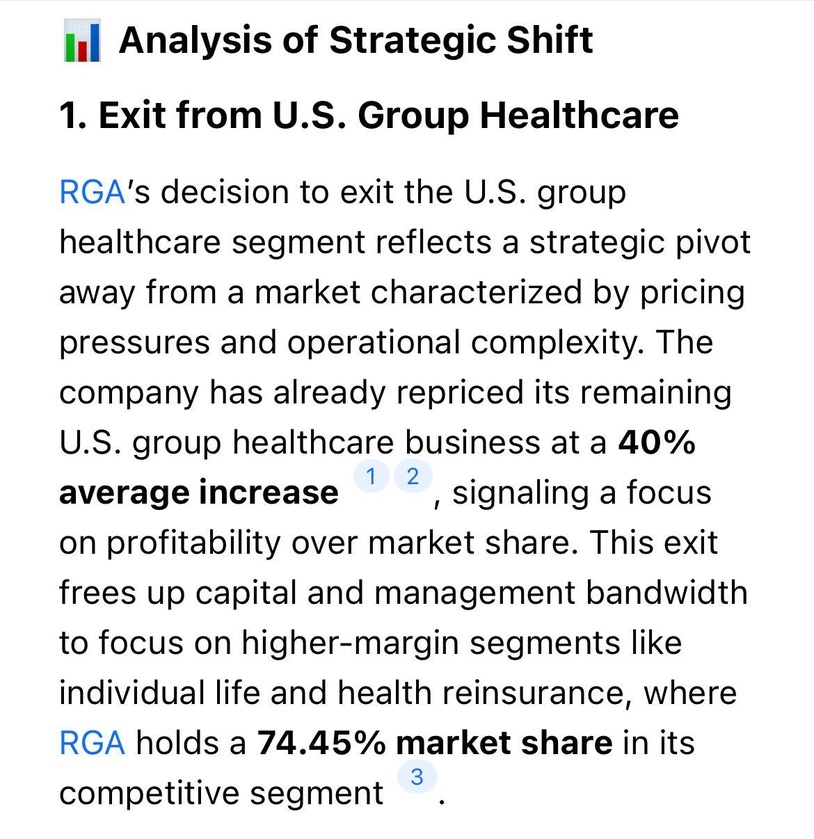
We know what’s coming and we are prepared.
U.S. Embraces Bitcoin ETFs: A New Chapter
The U.S. Securities and Exchange Commission (SEC) recently made history by approving the country's first Bitcoin Exchange-Traded Funds (ETFs). This landmark decision includes an ETF from Brazilian firm Hashdex. This follows years of SEC rejections of Bitcoin ETF applications. BlackRock's proposal earlier in 2023 marked a turning point, generating widespread interest due to their market influence. Standard Chartered Bank predicts these ETFs could attract up to $100 billion in the first year.
Marcelo Sampaio, CEO of Hashdex, views the launch as a significant regulatory step in the U.S. and a victory for digital assets. Despite the approval, SEC Chair Gary Gensler cautions investors, clarifying that the SEC doesn't endorse Bitcoin. To lure investors, companies like BlackRock are cutting administration fees, with some even offering zero fees.
The anticipation of ETF approvals has already boosted Bitcoin's value significantly, with a more than 160% increase over the past year. However, after the announcement, Bitcoin's value momentarily dipped. Analysts predict the ETFs could drive Bitcoin's value to new heights, potentially reaching $50,000 soon and possibly its all-time high later in the year. They also anticipate a favorable impact from the upcoming Bitcoin halving event, which reduces its inflation rate. But there is caution about potential profit-taking once it reaches certain levels.
Nicole Dyskant from Fireblocks notes that the SEC's decision influences more than just market liquidity. It could transform the broader financial and capital markets. The days leading up to the ETF launch saw cybersecurity incidents and criticism. The SEC's Twitter account was hacked, falsely announcing the ETF approvals, which the SEC later denied and began investigating. Gensler has also warned about risks in the crypto market, emphasizing the importance of understanding risks and legal compliance.
Source
This guy wrote a 25 line Python script he claims "can probably unredact all of the Epstein files in less than 30 seconds".
"I am not suicidal, I am a great swimmer, and I look forward to living my life well into my 80s."
Follow @RealWideAwakeMedia for more content like this!
Merch: https://wideawake.clothing
X | YT | IG | Rumble
US / Iranian Conflict
Raising to AmCON 3 (Incident Probable)
Due to the following: deteriorating negotiations between the United States and Iran; the surge in the past 48 hours of “final stage” US military assets into the Middle East; vacating US personnel from bases in Syria; the “Fatwa” issued last summer by Iranian clerics in the Summer of 2025 calling Muslims around the world to rise up if Iran is attacked; the numerous reports of Iranians who have infiltrated the US southern border in recent years and the warnings of “sleeper cells” in the United States, AmRRON is raising the AmCON one level, to Level 3 (Incident Probable).
AmRRON Special Guidance and Instructions:
AmRRON will remain at AmCON 3 until further notice, and we will continuously be monitoring the situation. Additional changes to the AmCON level, and any special instructions or guidance, will be posted here, as well as through the AmRRON member Telegram Channel, the AmRRON Corps Z-Net, and the AmRRON Mobile Team App....

If you’re a parent, this should make your stomach drop!
Every year, millions of families across America proudly display school photos of their children.
On refrigerators. In picture frames. Sent to grandparents and relatives across the country.
But here’s what most parents are never told…
Those school photos are taken by Lifetouch — the largest school photography company in America.
Lifetouch is owned by Shutterfly.
Shutterfly was acquired by Apollo Global Management.
And Apollo Global Management was co-founded by Leon Black — a name that appears in the Epstein files.
That means millions of children’s images are uploaded into databases every single year by a corporate structure tied to someone connected to Epstein.
Let that sink in!
https://vxtwitter.com/i/status/2019500982997041332


















